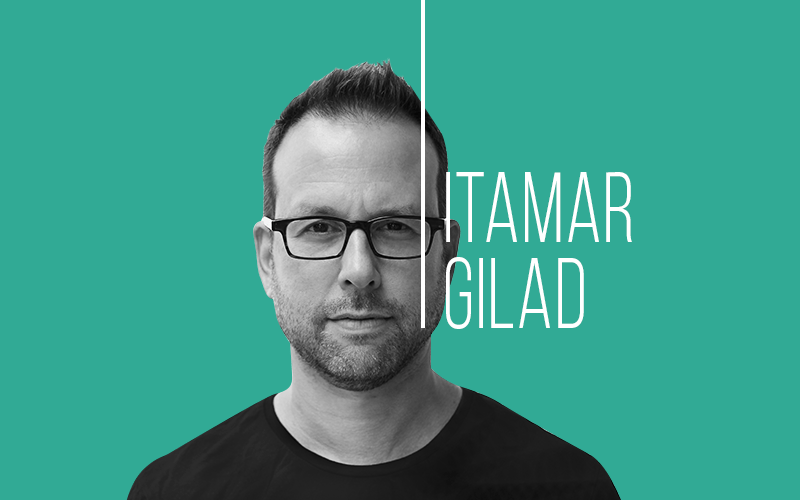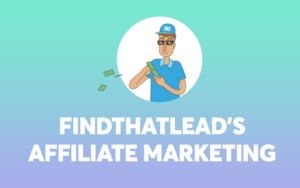Itamar Gilad is an experienced product manager, coach, and presenter. 20+ years of experience in product and engineering in Google, Microsoft, IBM, and startups. He helps companies build high-impact tech products.
I had an interview with him a few days ago and we talked about product development and organizational management of companies. Go ahead to read and watch the value-packed interview.
Time Stamped Keynotes
[00.22]-Itamar has been a product manager, worked at Google, IBM and has over 20 years of experience in product management and practice management software. He helps companies built amazing products
[01.17]- He discovered later that he loved talking to the customers and later build things up
[02.25]-He was a product manager and lead of growth team of Gmail.
During his tenure, the number of Gmail users went all the way up to over a billion from 420 million when he joined.
[03.21]- Google was a school from him and he learned there that the biggest growth hack is to provide tremendous value to your customer
[03.55]- Every recognized growth hacker acknowledges the fact all the growth tweaks work great only if the company is customer-centric
[04.15]-Itamar will have en event with Sean Ellis on September 30th in Barcelona
[05.31]–It is going to be an event about “design for cross-functional teams”, so product managers, engineers or marketers can join this event
[06.41]-Not a lot of people know about Barcelona, but it is slowly becoming a tech-hub
[07.15]-Barcelona has changed a lot since Itamar started living there
[08.11]- Itamar has been a product manager for more 16-17 years and has probably made all the mistakes a product manager could make
He has a deep understanding of what works and what does not
[09.01]-He has started teaching building lean startups combining agile methodology, growth hacking, and product design. He calls his framework GST-Growth Steps and Tasks
[10.36]-Companies from different European countries attend his events and workshops
[11.17]-Many companies invite Gerard for explaining outbound marketing
[12.10]-Many people don’t apply the agile methodology, not because of lack of knowledge, but some deep-rooted organizational challenges
[13.38]-Itamar tries to provide value everywhere he can, but sometimes some organizations need to deep organizational changes
[14,10]- No ads or outbound marketing will work for you if your product is not good, plus it is important that companies should allow their teams to experiment with goals and objectives
[15.31]–OKR-Objectives And Key Results is the strategy that Intel invented in the early 1970s.
Intel needed to align the whole organization with a goal, so this hierarchal approach was invented
[16.05]-Objective is basically the goal of the organization, and it is basically very abstract and inspirational, and then a set of key results, which is generally measurable
Key results/outcomes are result-oriented. An outcome can be the number of increase in the number of verified leads, an increase in the retention rate by some figure
[17.08]-Gerard shares how one of his entrepreneur friends is using OKR
[18.45]-A lot of companies follow the “One Size Fits All” approach with OKR, which is not good for them.
For a small-sized company, SCRUM approach is good
[20.02]-Itamar uses spreadsheets for the project and team management
[21.34]-Project management tools interrupt a lot
[22.25]-Itamar recommends people to take some time before starting a task and think about what are their goals and accordingly, prioritize their tasks
[23.20]-Gerard talks about “streamlining approach” by Tim Ferris
[24.08]– Itamar talks about how the Prussian army in the 19th century used the strategies of OKR and defeated Napolean.
Freedom to choose the way to achieve a goal makes you feel empowered.
[25.28]– Tech industries have now begun to apply these principles now, so many years after the armies
[26.37]-If you want to meet Sean Ellis, he would be here in Barcelona on 30th of September
Key Takeaways







 BONUS:
BONUS: The Challenge: Join this free course and I guarantee that after 5 days you will have the necessary skills to start generating B2B clients Growth Hacking and Prospecting techniques.
The Challenge: Join this free course and I guarantee that after 5 days you will have the necessary skills to start generating B2B clients Growth Hacking and Prospecting techniques.